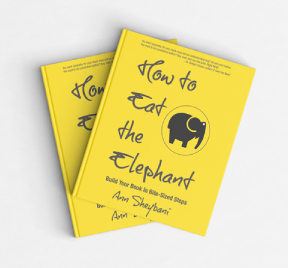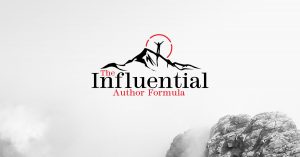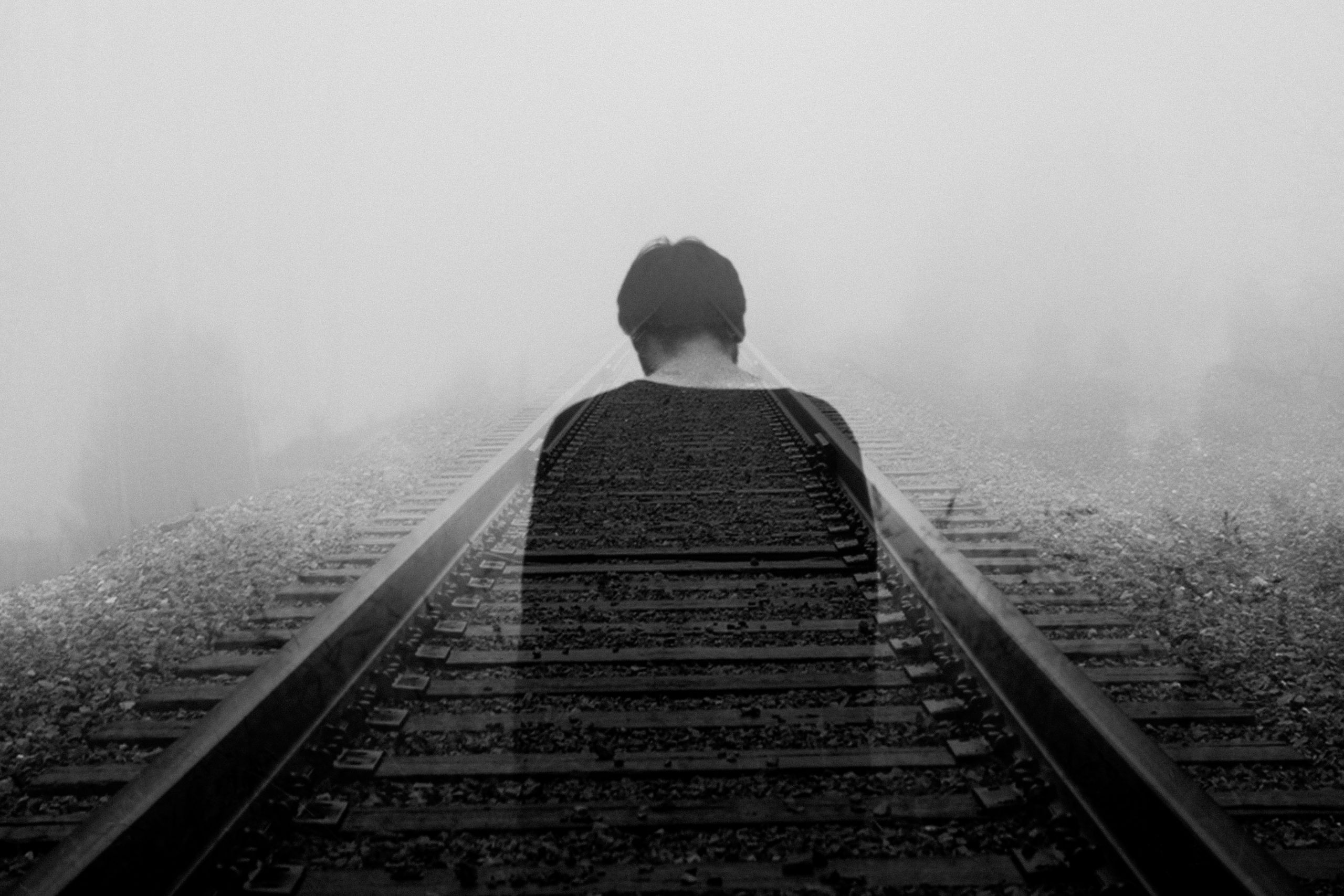Writing
The Anxiety Series: Part II
March 31, 2019
If you remember, I had my nose in a number of client manuscripts, all of which deal with anxiety.
I thought these three different authors and their three different approaches will demonstrate that you can take a common topic and come at it with a (valuable) unique skew.
This is the next segment of The Anxiety Series, written by a doctor who not only treats anxiety (as well as chronic pain and depression) using “alternative” methods, but also suffers from the condition herself, has since she was nine or ten.
Now for Dr. Serena Sterling and her upcoming (yet to be titled) book.
Back in Portland, I developed a terrible pain in my back during the month. I went to my massage therapist, the one who had informed me that I had an uncanny ability to use my intention to zap pain from my body, and much to my surprise, the massage gave me no relief.
Next, I visited my chiropractor, the one who introduced me to Neuro Emotional Technique, which would, a few years later, cure me of the chronic fatigue syndrome I suffered post 9/11. But he found nothing wrong. No sublaxations. My back needed no adjustments nor did he find any stuck emotions.
Why was I feeling so much pain and not getting relief from the modalities that I had come to learn normally alleviated my discomfort?
After work one day, I decided to take a nap. Being a complete newbie to spiritual beliefs, I wasn’t really sure what I was doing when I set the intention of asking for insight from whatever higher power there was regarding why I was having such back pain.
I snoozed for about twenty minutes and in a dream, I was sailing on a Sunfish at the family home in Cape Cod. In real life, Dad loved to take the Sunfish out but I was neither a strong swimmer nor sailor. I always found the ensuing rough waters we always encountered rather traumatic. We couldn’t have a calm and peaceful sail. We had to push the limits on our Sunfish, often heading to The Cut, two huge boulders that jutted from the Nantucket Sound, and sail right between them. Our short, relatively speaking, but tumultuous journeys almost always culminated in capsizing.
“Oopsiedaisy! Serena, sit on the centerboard.”
“Dad! This is not fun. Why do we always have to capsize,” I’d yell at him while sitting on the centerboard to right it, then climb on the board with trembling legs.
“That wasn’t so bad was it?” he’d ask, not really listening or answering my question.
At a certain point, I refused to sail with him. I never knew whether we’d have a smooth sail or not and I was tired of being traumatized. I tried to keep up. I tried to compete at his sports, the ones I felt privileged to learn, but he was always better than me. It didn’t matter if it was sailing, biking, running, tennis, skiing, or any other sport, all of which he played.
Even after high school, I picked up running and he offered to run with me a few times. He’d tell Mom I had perfect form but on the run, he’d look back, as he was much faster and always ahead of me, and yell, “Keep your shoulders back. Keep your eyes up. Look where you’re going rather than down at the ground.”
Such comments reinforced the feeling of never being good enough. How was I supposed to compete with a marathon runner? Why did he expect me to learn at his knee, to become the next best thing to Jackie Joyner?
He’d picked up running later in life in his early 40s because he was working too hard and feeling a little heavier than normal. Being the natural athlete he was, he’d go on to have a twenty-year running career, competing in fifteen marathons with his best time being 2:44 in the Philadelphia marathon. When I asked him how he did that one in particular he told me that he had realized at mile thirteen that he’d been doing six minute miles so challenged himself to see how many more he could do. I was happy with myself if I could push myself to do eight-minute miles but I knew I’d never achieve six- minute miles. The gap in performance was so huge; I couldn’t fathom bridging it. All I wanted to do was sit down and give up, take up knitting.
Graham on the other hand, played competitive tennis. He had good form and he smashed the heck out of the ball. Dad found it fun to play Graham because he was closer to his level. Graham once told me that he’d often let Dad win because otherwise, he’d mope and make it difficult to be around him. Me, I couldn’t have beaten Dad with Serena Williams playing backup.
What did my sailing dream have to do with my back? I had figured something out when dreaming because when I awoke, the pain had subsided considerably. I started piecing it together. Dad was proud of Graham when it came to sports but I felt like I was the sad girl who was born with innate athleticism, who squandered my gift away by developing arthritis.
Despite my best efforts, all of the classes I took, the practice time I put in, I’d never be the athlete Graham was. I always seemed to pursue the goals set before me by my parents and society differently. The competition never ended, and it involved every aspect of my life: attending a prestigious college, getting a good job (they agreed to me interning at a magazine but told me “absolutely not” for being a barista even if it paid more than the internship), attending a good grad school, and essentially creating a reputable CV for them to show off to their friends. But I felt like I never truly reached excellence, I was always behind in some way.
It dawned on me that all the anxieties I had felt about dating a bartender rather than a lawyer, graduating from a good school but not an Ivy League, moving to England to study but not at Oxford or Cambridge, didn’t have anywhere to go so they lodged themselves in my back until I took notice and understood the connections. I was astounded. The pain had released from my back within minutes by expressing the feelings I felt ashamed to have.
Did that really happen? Maybe that was coincidence.
As soon as I started to doubt the connection, the pain came back.
Ok, Ok, I’ll take it. Thank you!
I didn’t know who I was thanking, but I was grateful for the experience and immensely appreciative of the pain going away.
______________________________________________________________________________
If you’d like to learn more about Dr. Serena Sterling and her methods, you can go here.



